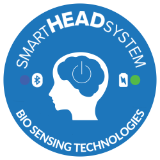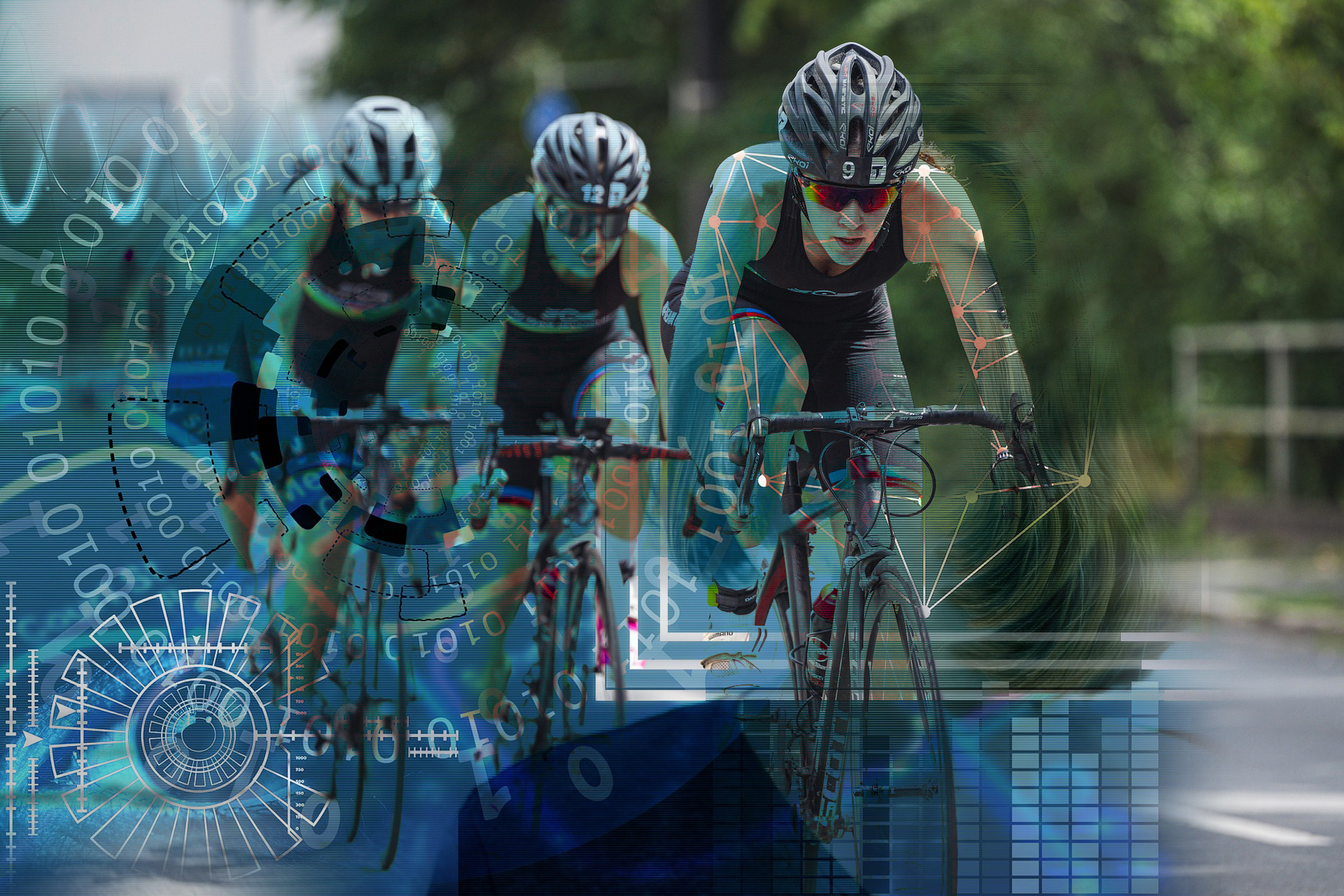It’s no surprise biometrics in sports medicine are on the cutting-edge of this fast-evolving industry. The integration of biometrics is revolutionizing how athletes train, recover, and prevent injuries. Gone are the days when athletic performance was measured solely by stopwatch times and subjective observations. Today, biometric technology is offering real-time, data-driven insights that are changing the game—literally.
What Are Biometrics in Sports Medicine?
Biometrics refers to the measurement and statistical analysis of individuals’ physical and physiological characteristics. In the context of sports medicine, this includes tracking data like heart rate, oxygen saturation, muscle activity, body temperature, and even brain impact forces. These metrics help medical professionals, coaches, and athletes themselves make better-informed decisions that optimize performance and reduce injury risk.
Wearable Tech: The Game-Changer
One of the most exciting advancements in this field is the rise of wearable biometric devices. From wristbands that monitor heart rate variability to helmet-integrated sensors that detect concussions, athletes now have access to tools that continuously collect and transmit health data. These wearables are not just enhancing performance; they’re becoming essential in injury prevention and rehabilitation.
What is SMARTHEADSYSTEM™?

SMARTHEADSYSTEM™ is an advanced, compact sensor designed to monitor key head biometrics in real time. It tracks critical metrics such as head temperature, rotation, and impact velocity—vital data that offers instant insights into brain health during high-impact activities like football, hockey, and other contact sports. This device seamlessly integrates into athletes’ helmets or headgear and wirelessly transmits data to smartphones or tablets, allowing for easy access to information through a cloud-based app.
By providing immediate feedback, SMARTHEADSYSTEM™ enables coaches, parents, and healthcare professionals to assess the safety of athletes during training, gameplay, and other high-intensity situations, helping to reduce the risk of concussions and other brain injuries.
Preventing Injuries Before They Happen
A key focus in sports medicine is injury prevention—and this is where biometrics truly shine. By continuously monitoring biomechanical and physiological data, trainers and medical teams can spot irregularities that might indicate fatigue, overuse, or improper technique. This allows for early intervention, reducing the risk of long-term injuries and keeping athletes in the game longer.
Real-Time Feedback for Peak Performance
Biometrics also empower athletes to fine-tune their training in real time. For instance, a runner can adjust their stride to reduce stress on joints, or a weightlifter can monitor muscle activation to ensure optimal technique. The ability to receive instant feedback translates into more efficient, personalized training plans—and better results.
Revolutionizing Recovery
Post-injury, biometric data plays a crucial role in rehabilitation. Instead of relying solely on subjective reports of pain or discomfort, physical therapists can use hard data to assess recovery progress and adapt treatments accordingly. This leads to faster, safer returns to play and improved long-term outcomes for athletes.
The Road Ahead
As technology continues to advance, the role of biometrics in sports medicine will only grow. From AI-driven analytics to smart textiles embedded with sensors, the possibilities are endless. The goal remains the same: to keep athletes healthier, stronger, and performing at their best.
Final Thoughts:
The fusion of sports medicine and biometrics marks a new era in athletic care. With the power of real-time data at their fingertips, athletes and professionals are better equipped than ever to push the limits—safely and intelligently.

